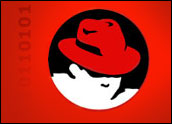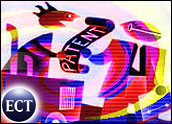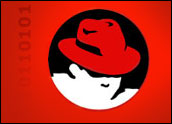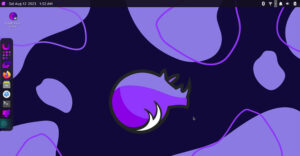
Sun Microsystems faces the prospect of being forced to pay more than US$1 billion in damages now that a federal court jury has found the computer giant’s popular Java languages infringed on a patent held by Eastman Kodak.
After a three-week trial, a jury found that Sun violated a patent that Kodak acquired when it bought Wang Laboratories in 1997.
The penalty phase in the case begins later this week in western New York, not far from Kodak’s headquarters in Rochester, with Kodak seeking a lump-sum payment of $1.06 billion. That figure represents half of Sun’s profits from computer servers and storage units loaded with Java sold between 1998 and 2001.
Sun did not return calls seeking comment on the case and has not disclosed whether it would appeal the ruling.
In a statement provided to the E-Commerce Times, Kodak said it was “pleased” the court had “validated Kodak’s intellectual property rights protecting these valuable innovations.” Though Kodak did not say how much it would seek when it went before the same jurors starting Thursday, the $1.06 billion figure is referenced in trial documents.
Facing Big Risk
The case has been simmering since 2002. While Sun has offered Java for free as an enticement to encourage Web developers and others to build applications that work with it, Kodak argued that the company’s success stemmed in large part from the overwhelming success of Java as a Web programming language.
Kodak said the Java code contained technology that it acquired when it bought Wang Laboratories in 1997. According to the Groklaw Web site, the patent covered a method by which a program can seek help from other applications to carry out certain functions.
During the trial, Sun said it worked with Kodak on some joint projects, a fact that might have implied consent to use some common technologies.
The case is being pointed to by some in the software development community as evidence of flaws in the patent-granting process, both because patent clerks have traditionally had little or no training in software development and because such suits could have a chilling effect on cutting-edge software development.
Other advocates and attorneys have argued that some recent intellectual property actions, such as Microsoft’s attempts to patent the method of double-clicking on a handheld device in order to change how an application reacts, are proof the traditional patent system may be ill-suited to handle technology-era patent issues.
Dangerous Wildcard
Patent attorney Steven Frank of Testa, Hurwitz & Thibeault said the patent office did undergo significant reform in 2000, but it’s still up for debate whether the changes resulted in a properly vigorous review for new patents. In the meantime, thousands of patents, particularly those in the software field, that date before that reform have been challenged in court.
“The result has enormous potential now and well into the distant future,” Frank said. That in turn creates a situation where judges and juries are expected to become experts on any given technology topic in a matter of days or weeks.
Because that’s a dangerous wildcard, many companies are pushing for settlements to avoid exposing themselves to large judgments, and Sun might yet strike a deal with Kodak. One option would be for Sun to agree to a long-term license going forward rather than a one-time payment that could tie up its cash or damage the performance of its publicly traded shares.
Patents Ahoy
Ironically, the patent decision came down just days after Sun announced its own intellectual property initiative, filing three patents under the name of President Jonathan Schwartz, including an application to patent the company’s per-employee software pricing plan.
Schwartz said he would donate proceeds from the patent, if any, to charity, but it still created a firestorm of controversy.





















































